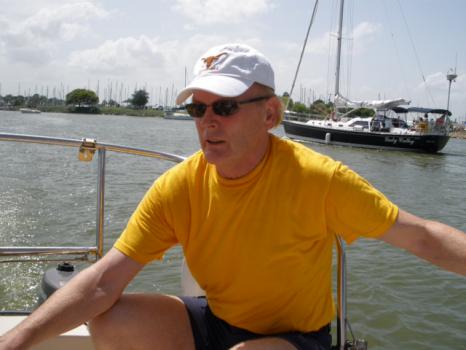
Dr. Thomas V Taylor is a retired surgeon who spent much of his career in academics, teaching the next generation of surgeons how to conduct themselves so they would be able to provide the highest standards of care to their patients. After completing medical school, surgeons will generally start working in a residency, where they will have the opportunity to learn more about their profession while putting their skills into practice. It can be an intimidating time, but there are a number of things you should keep in mind to ensure you get through it.
Have Respect
While your studies will have provided you with a good foundation of knowledge, you need to recognize that is all it is. Confidence in your own abilities is fine, but remember that you are still there to learn more so don’t approach your residency thinking that you know it all. You will be expected to work as part of an extended team and your superiors will want to mentor you to ensure your skills continue to develop. Have respect for everybody at the medical facility where you work and take the advice you receive on board.
Focus On Patient Care
While your studies will have equipped you with many of the technical skills that you need to perform as a surgeon, it is during your residency that you will develop an understanding of how important it is to provide more comprehensive patient care. Build relationships with your patients, as trust is crucial between patient and surgeon. Focus on getting to know them so you can ease their fears and explain complex medical issues to them. You need to understand that most of your patients will have fears and anxieties that they need help with and your role is partially to make them feel as comfortable as possible with their upcoming surgeries.
Take Care Of Yourself
The demands on your time during your residency will stretch beyond any that you have experienced before, which makes it all the more important that you focus on yourself when you are able. Eat well, get as much sleep as possible and keep yourself physically fit so you can perform to the best of your abilities. Do things that take your mind off work when you have time to yourself so stress does not become a major issue.
Be Organized
As a resident you will be slotting into an experienced surgical team, so it is crucial that you are able to stay organized. Avoid procrastination and make sure you turn up on time for any procedures that you are scheduled to be a part of. Poor time management will create a ripple effect that causes issues with other surgeries, for which you will be held accountable.
Dr. Thomas V Taylor is a retired surgeon who lives in Houston, Texas.



